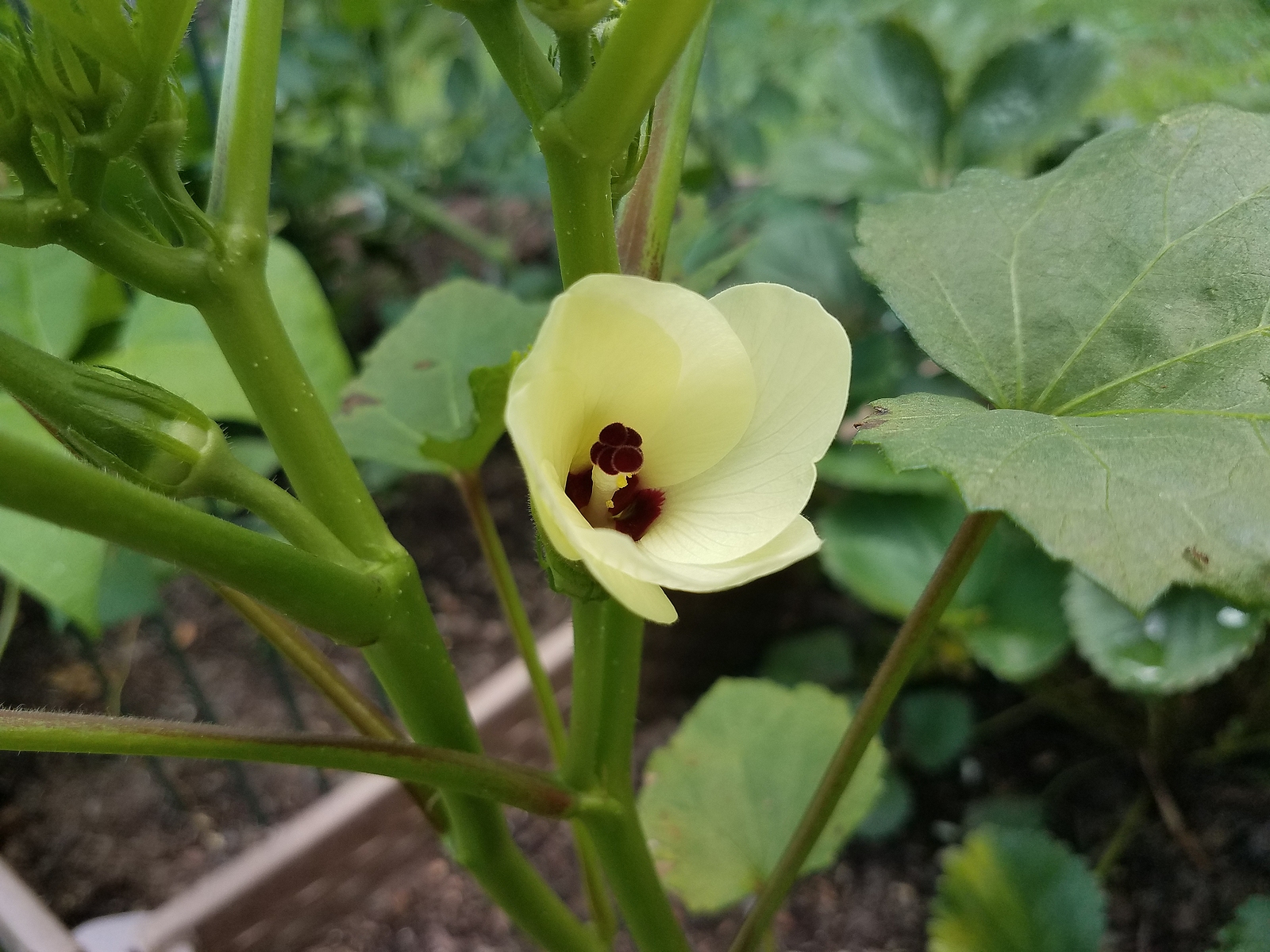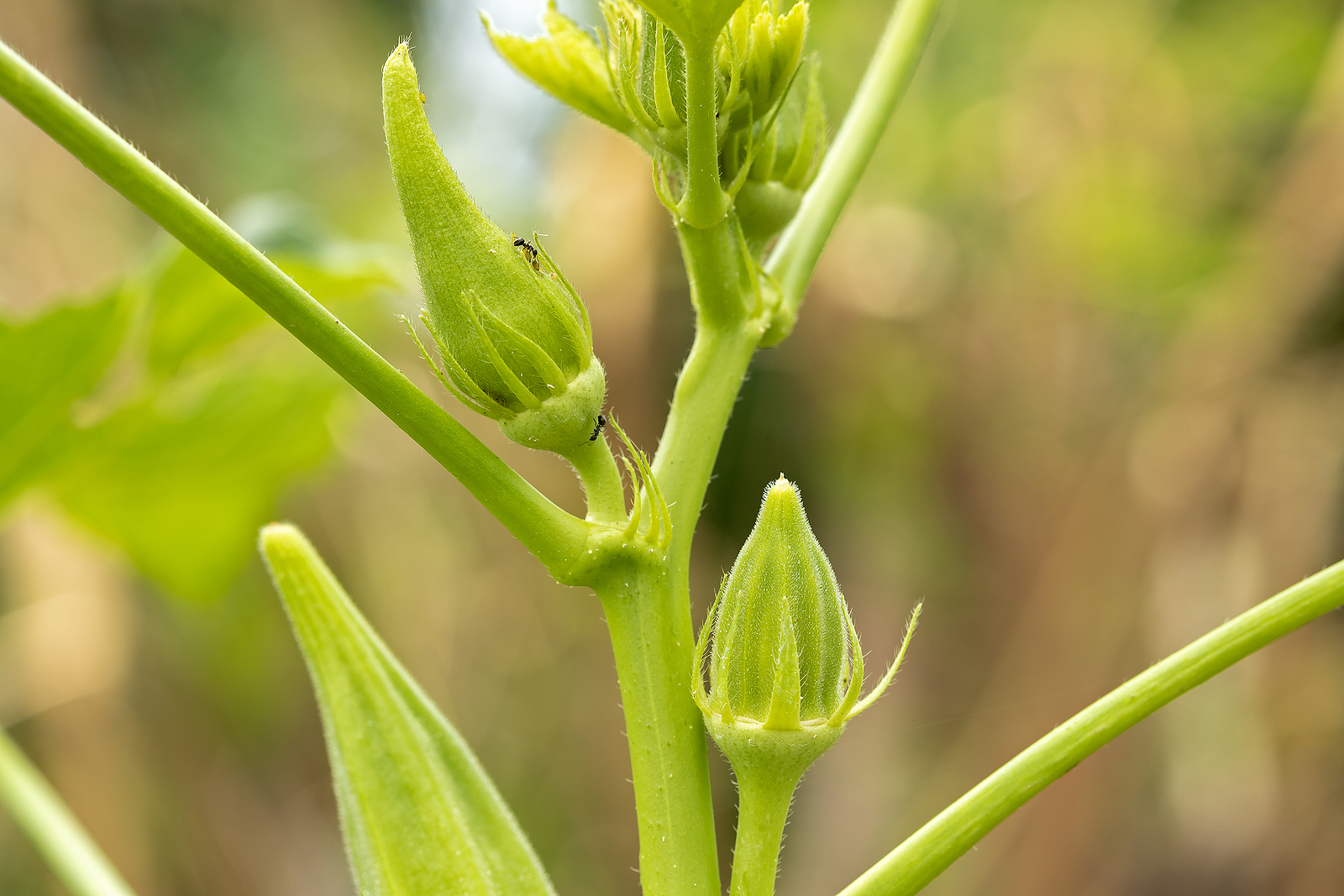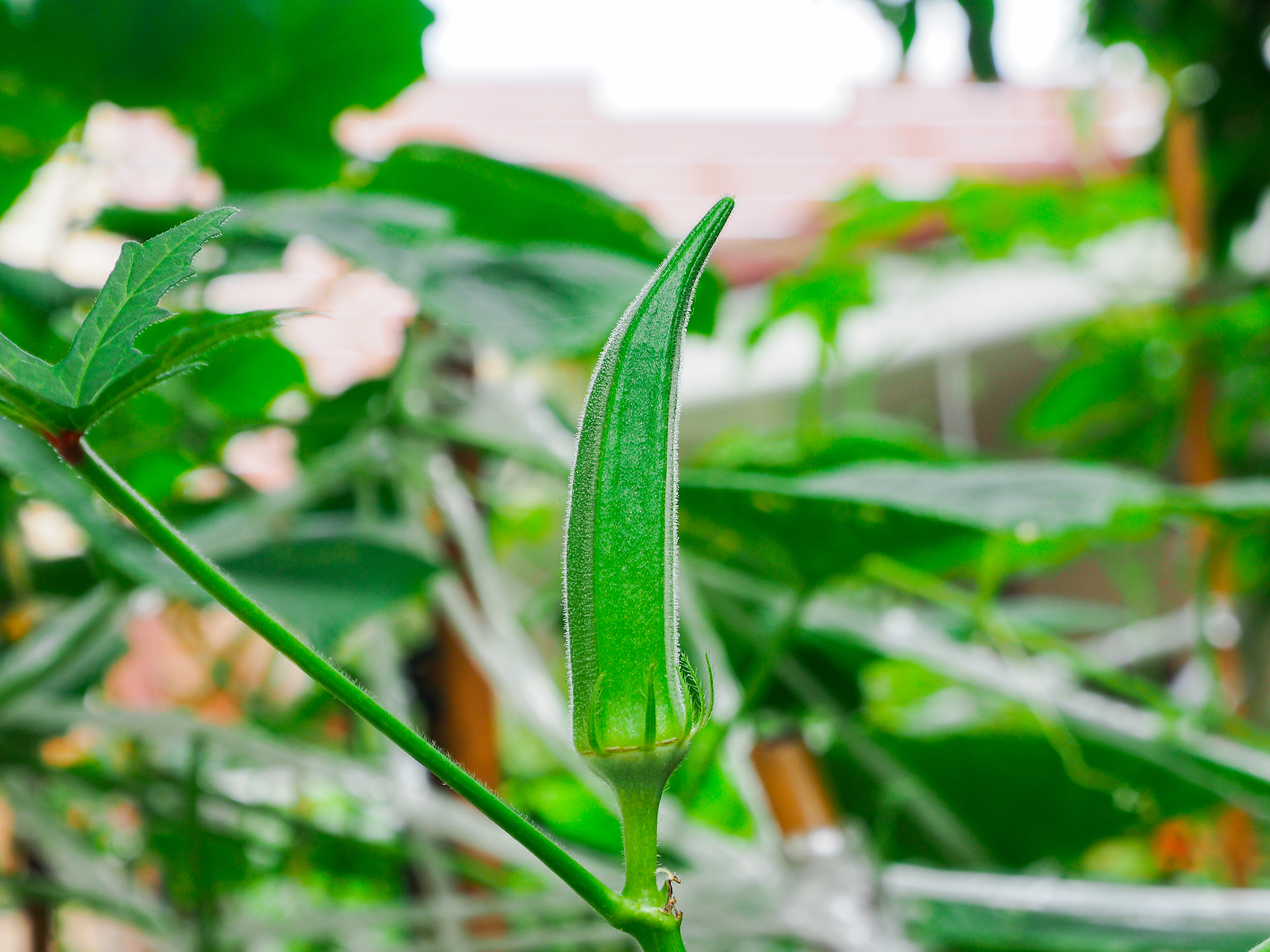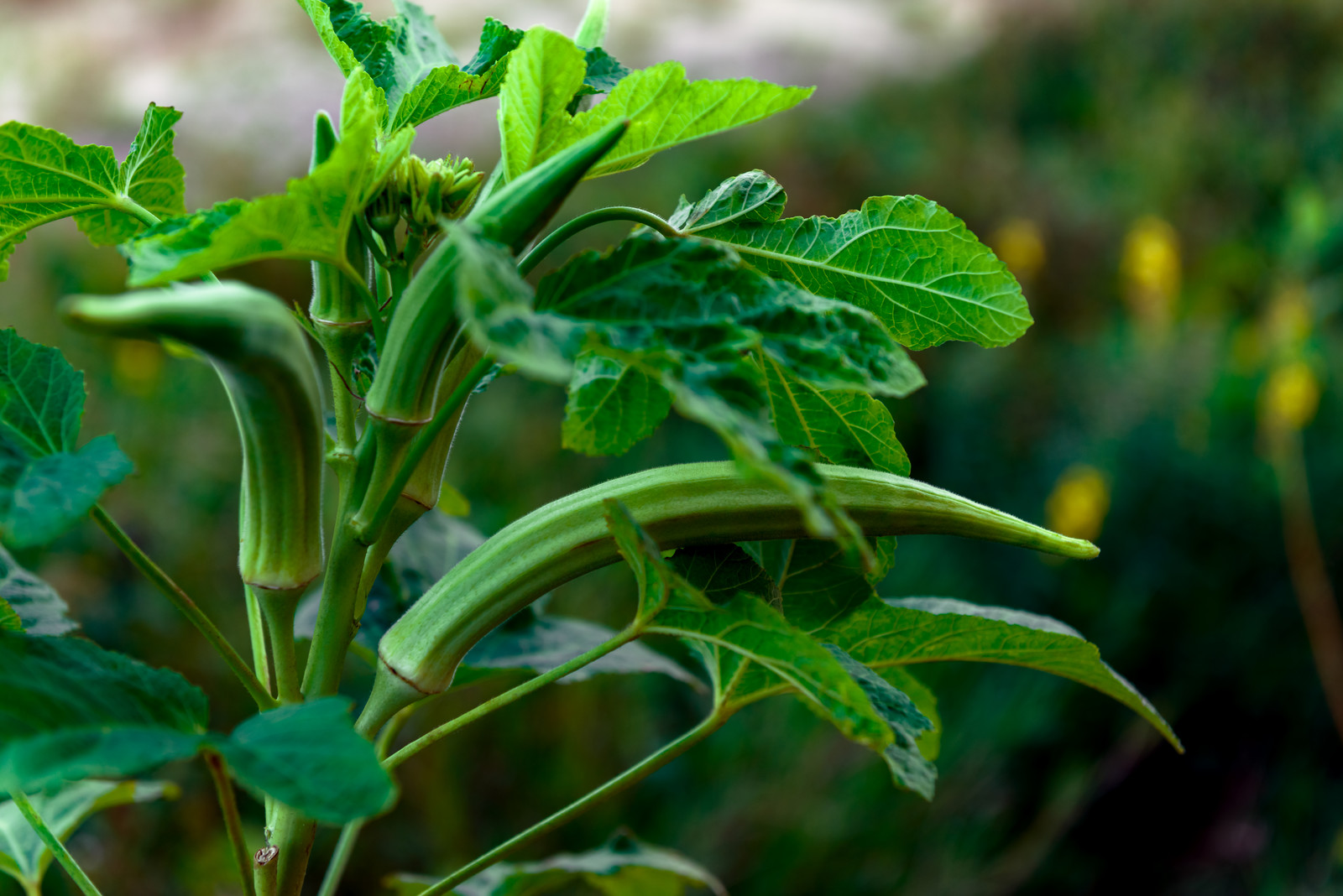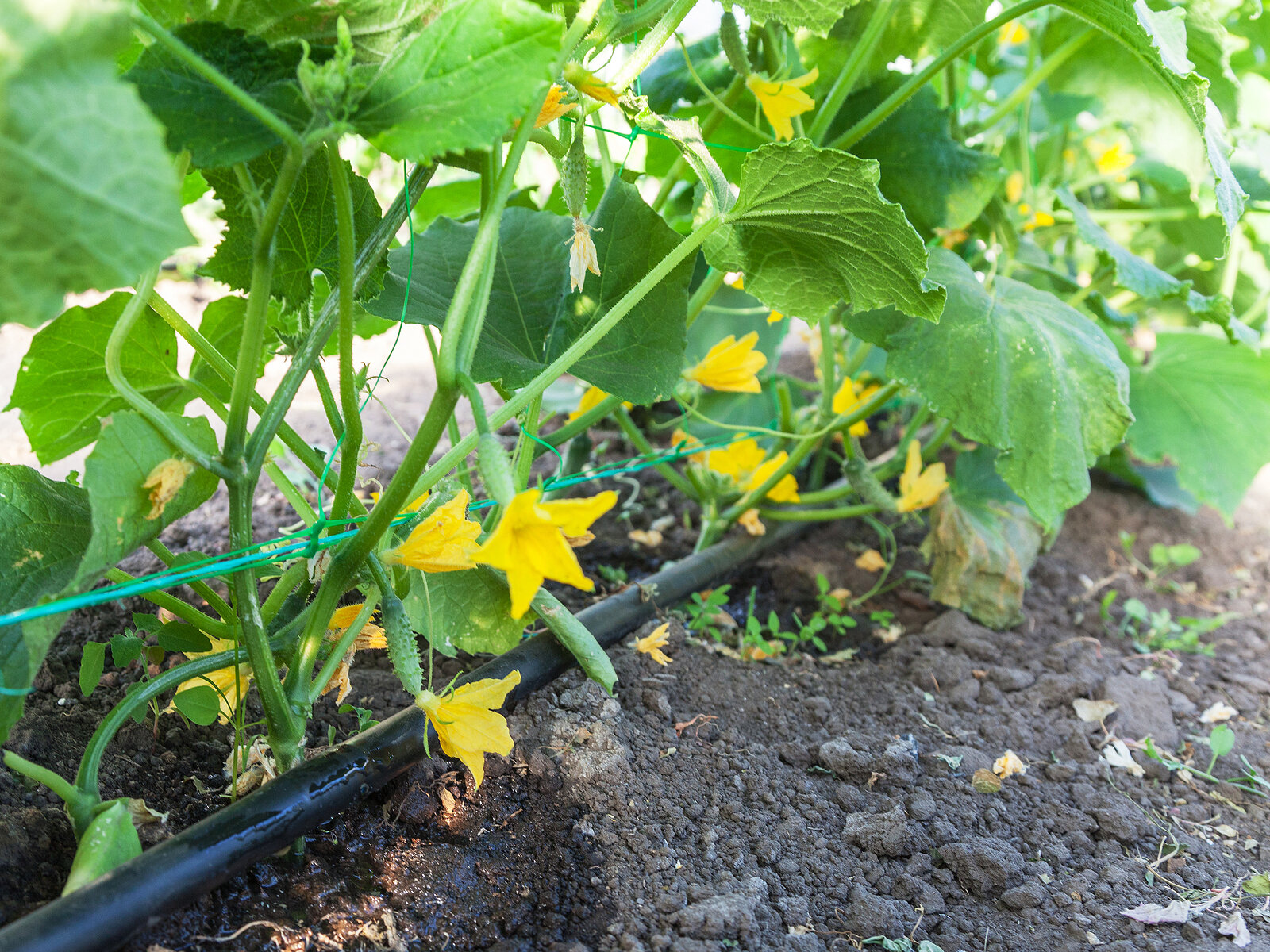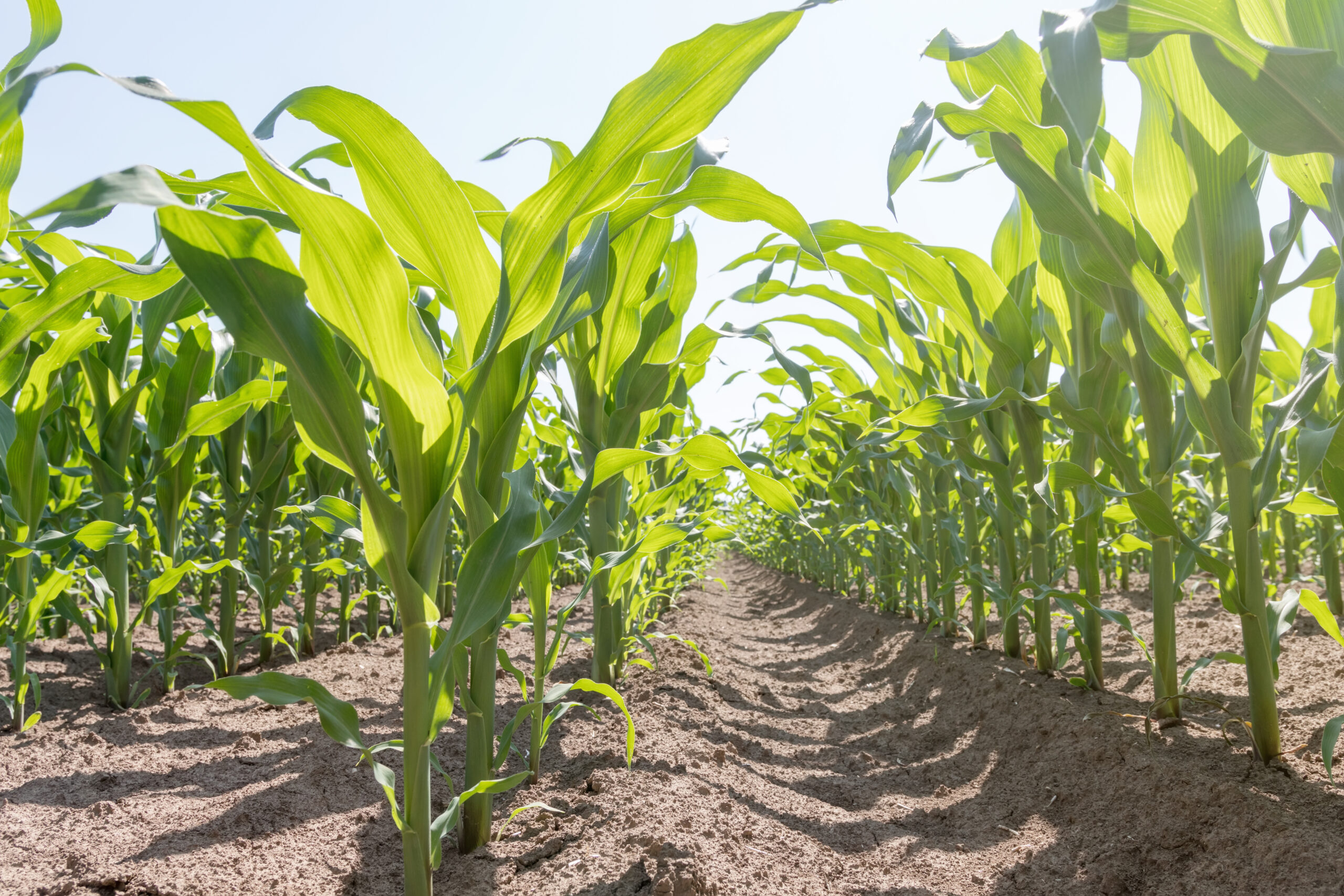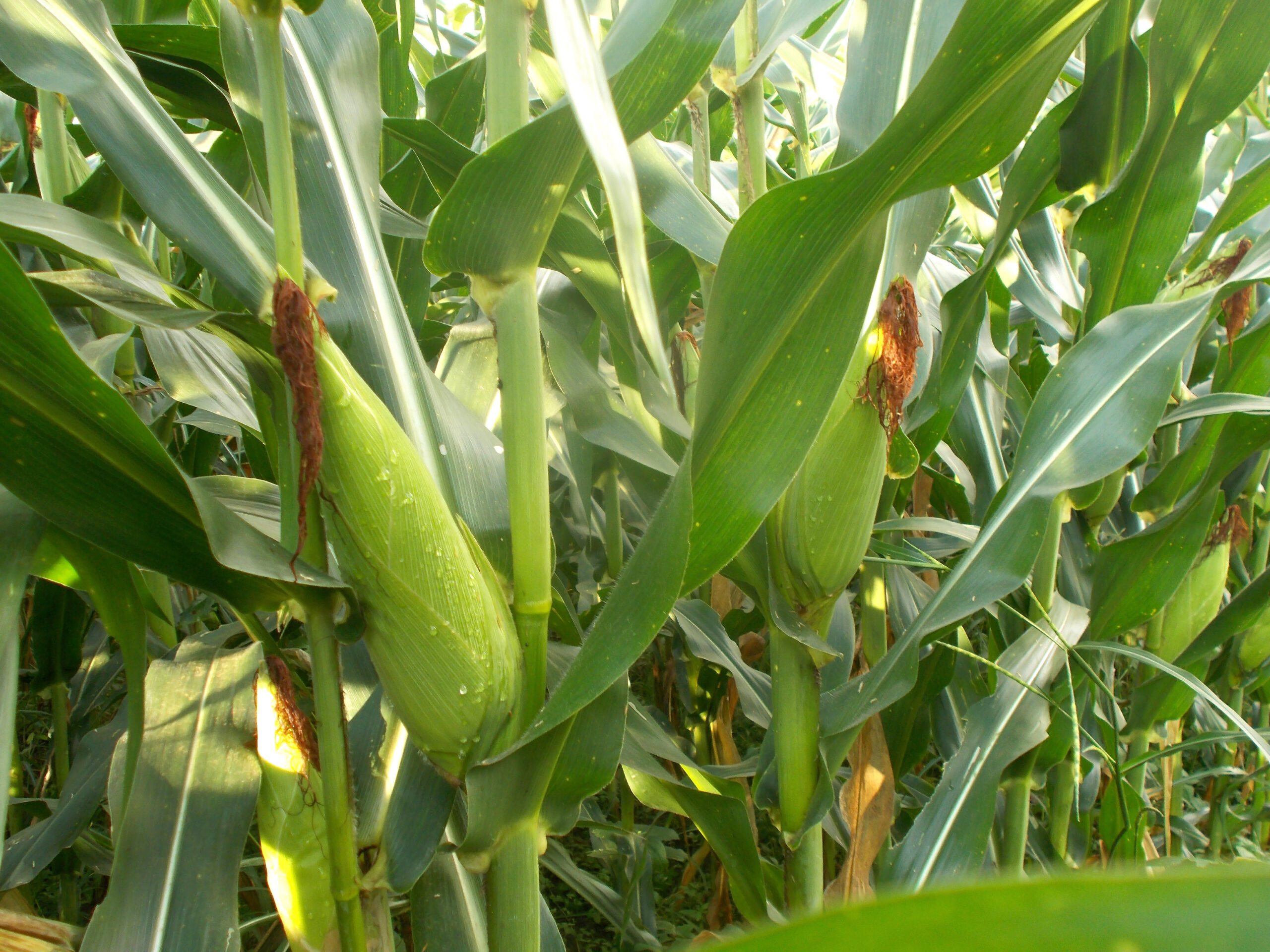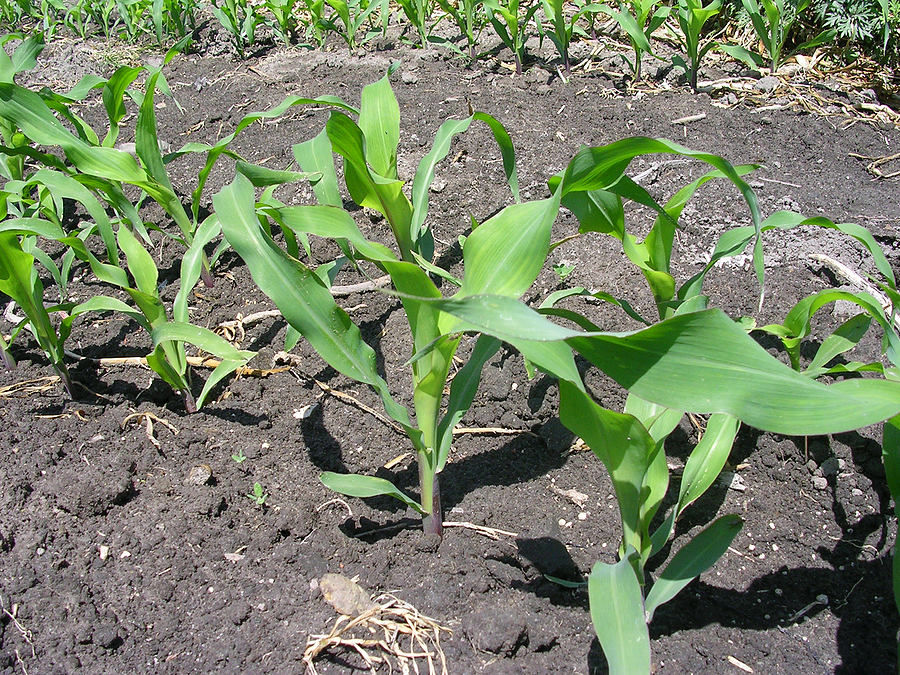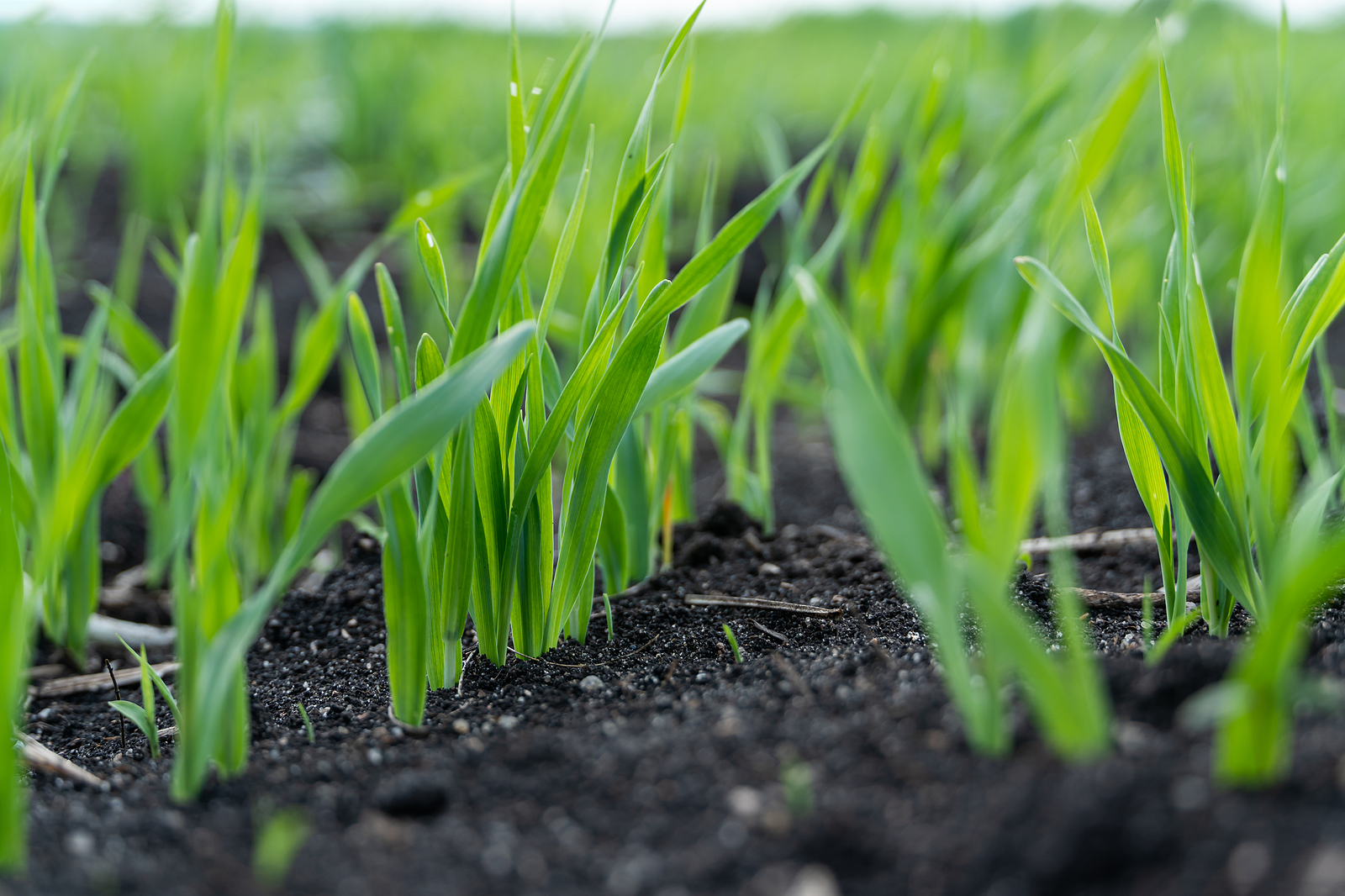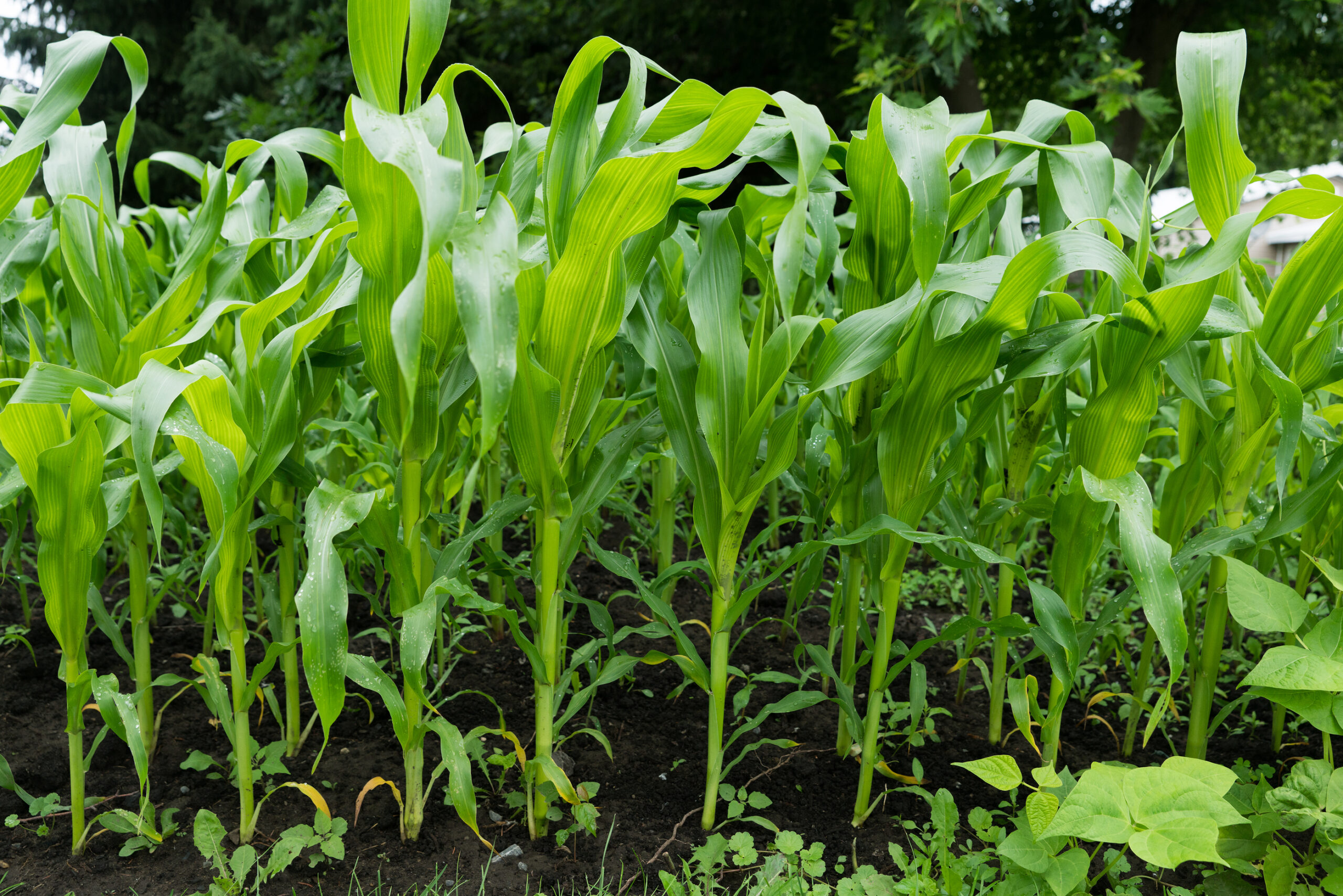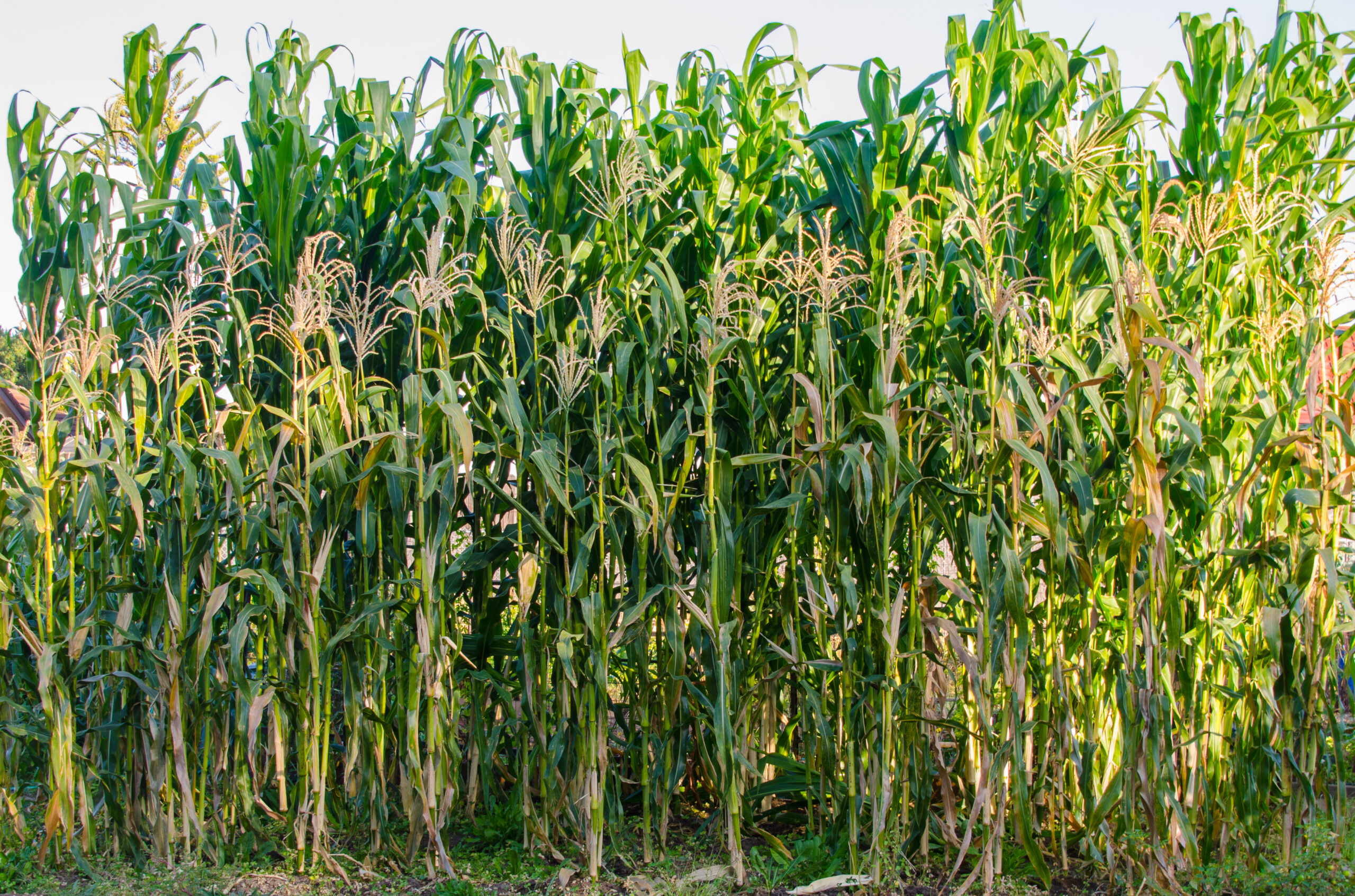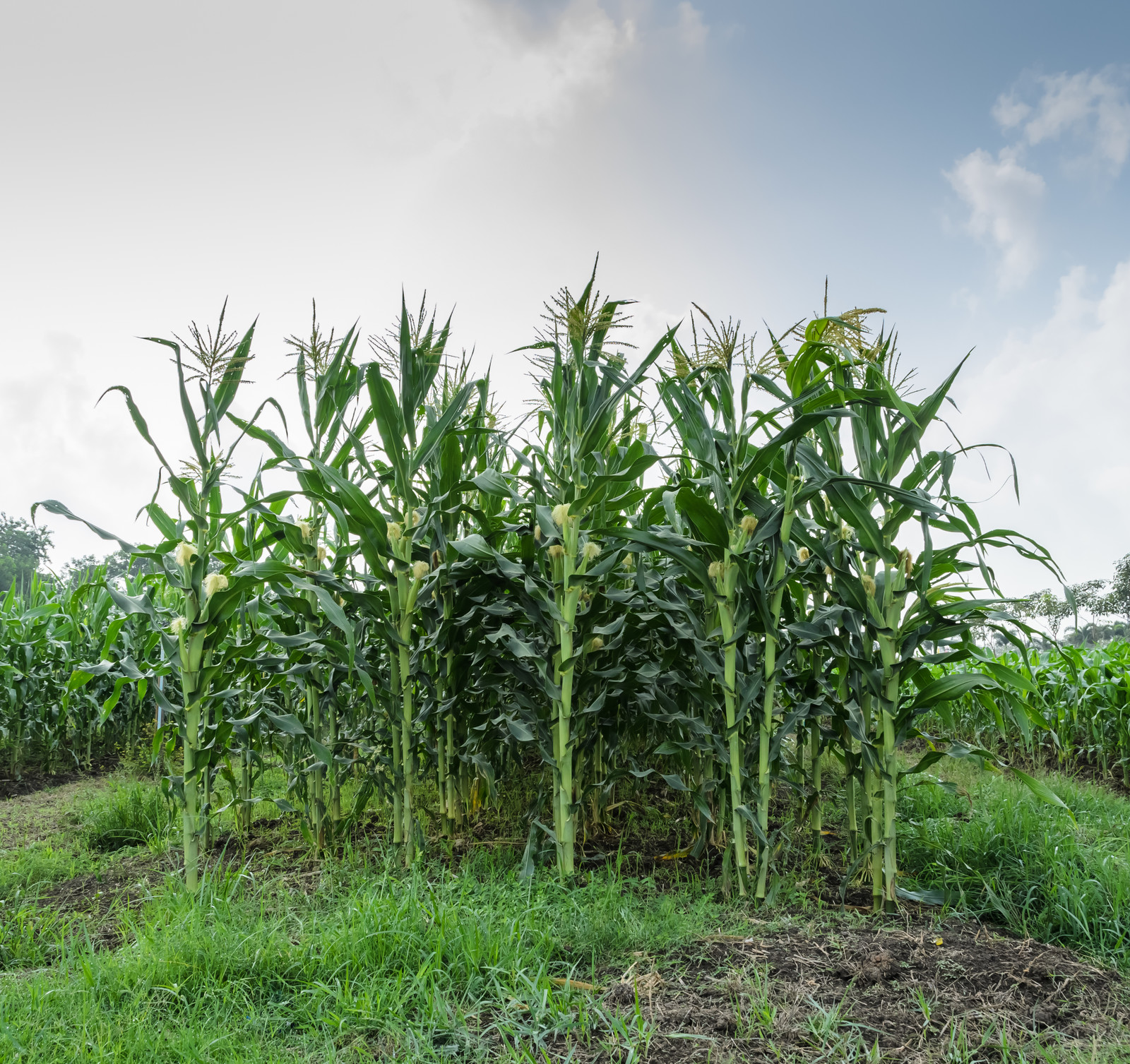How to Successfully Grow Okra in Short Summer Regions
Okra is most successfully grown in regions with long, hot summers, typically in USDA hardiness zones 8-11, where the growing season provides the warmth okra craves. Areas such as the southern United States (including states like Alabama, Louisiana, Texas, and Georgia), parts of Africa, India, the Middle East, and some regions of the Mediterranean are […] More

